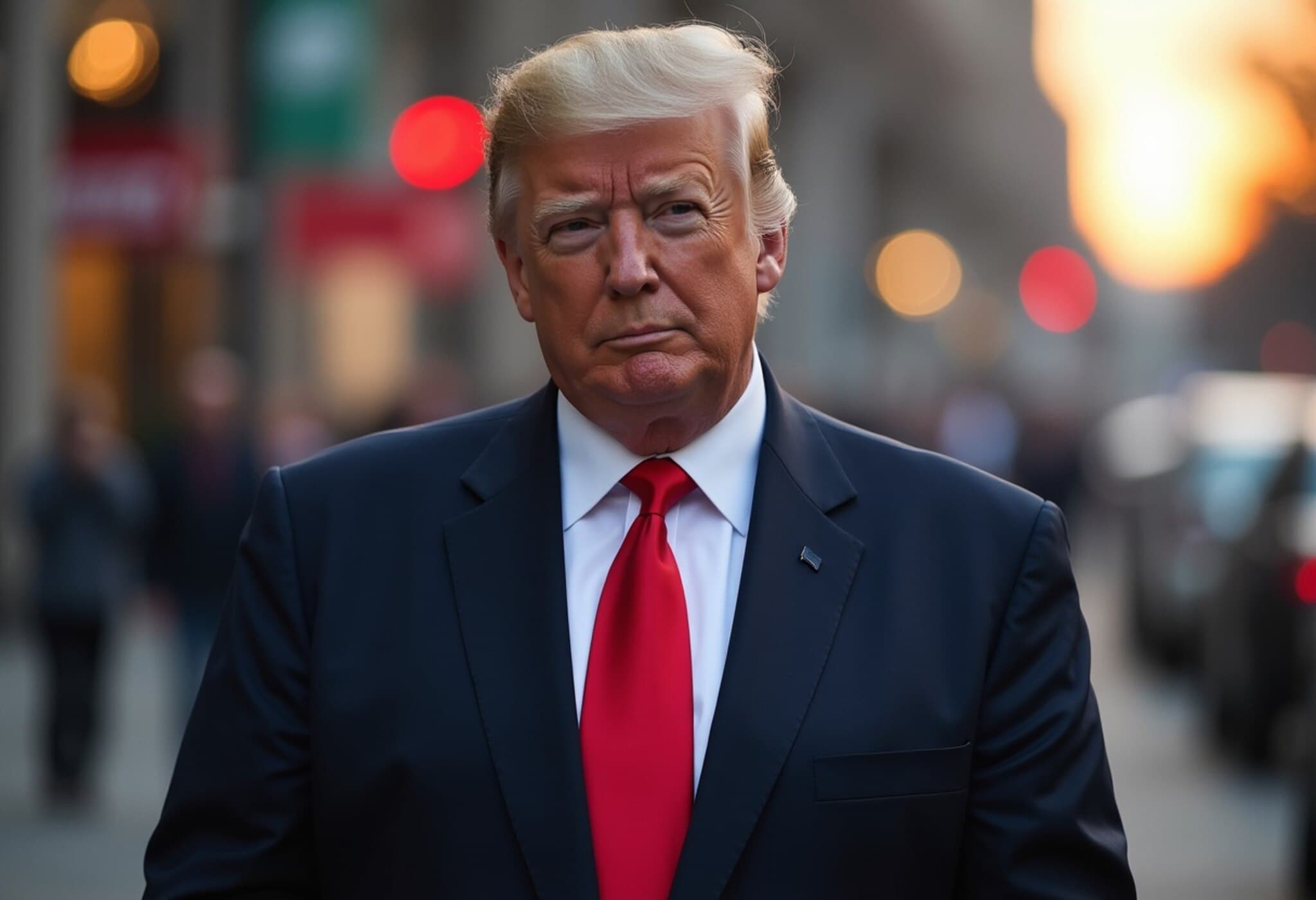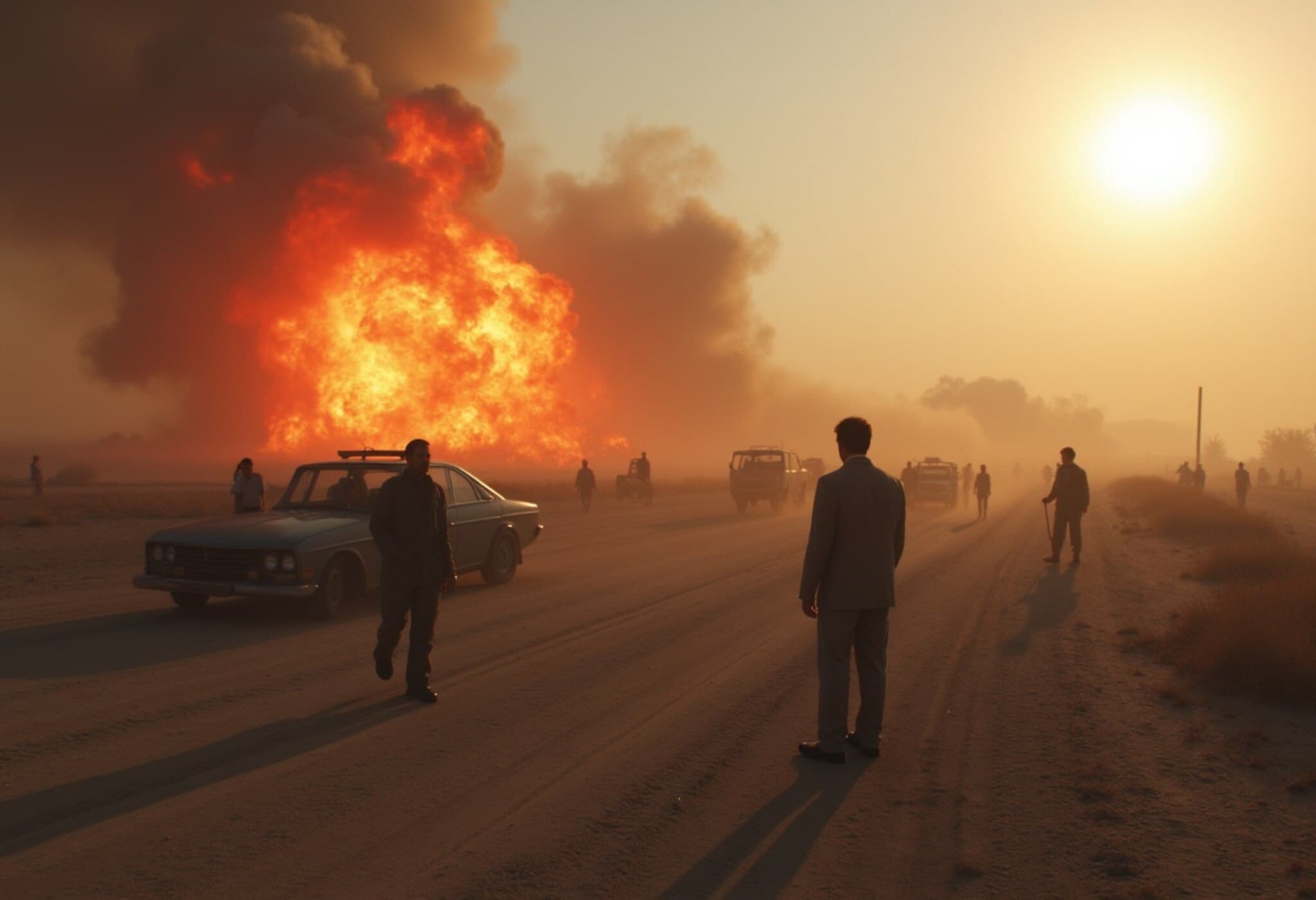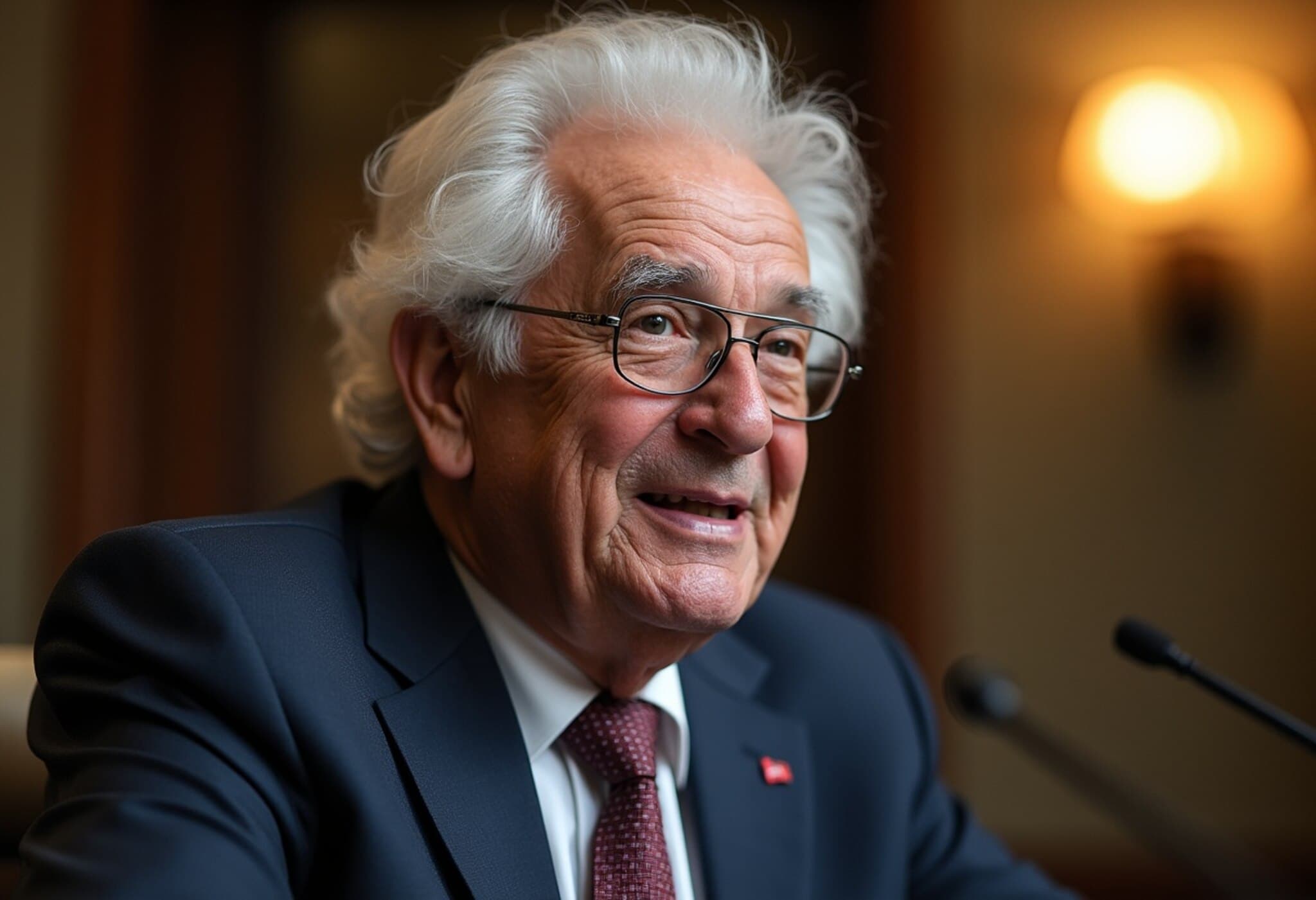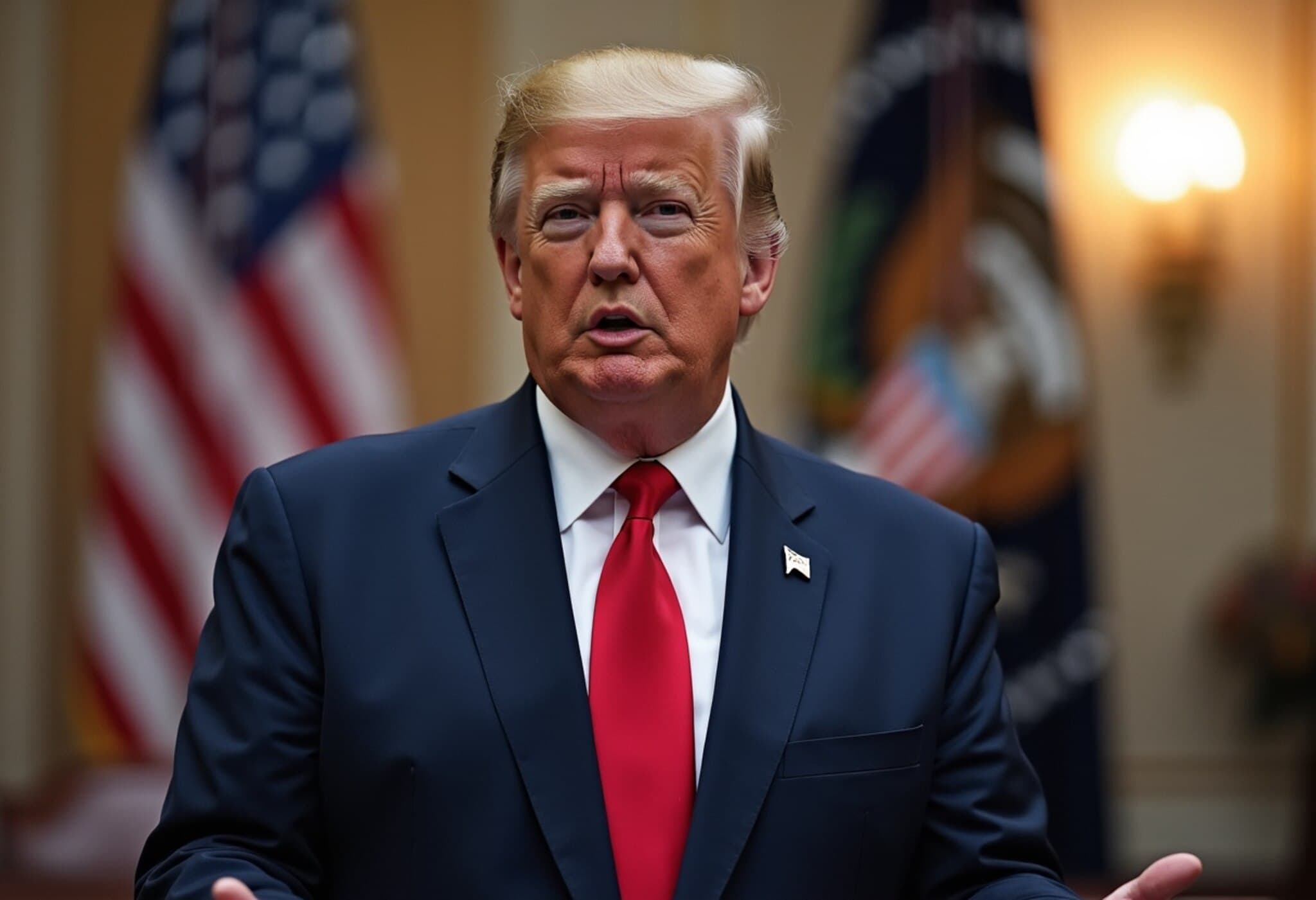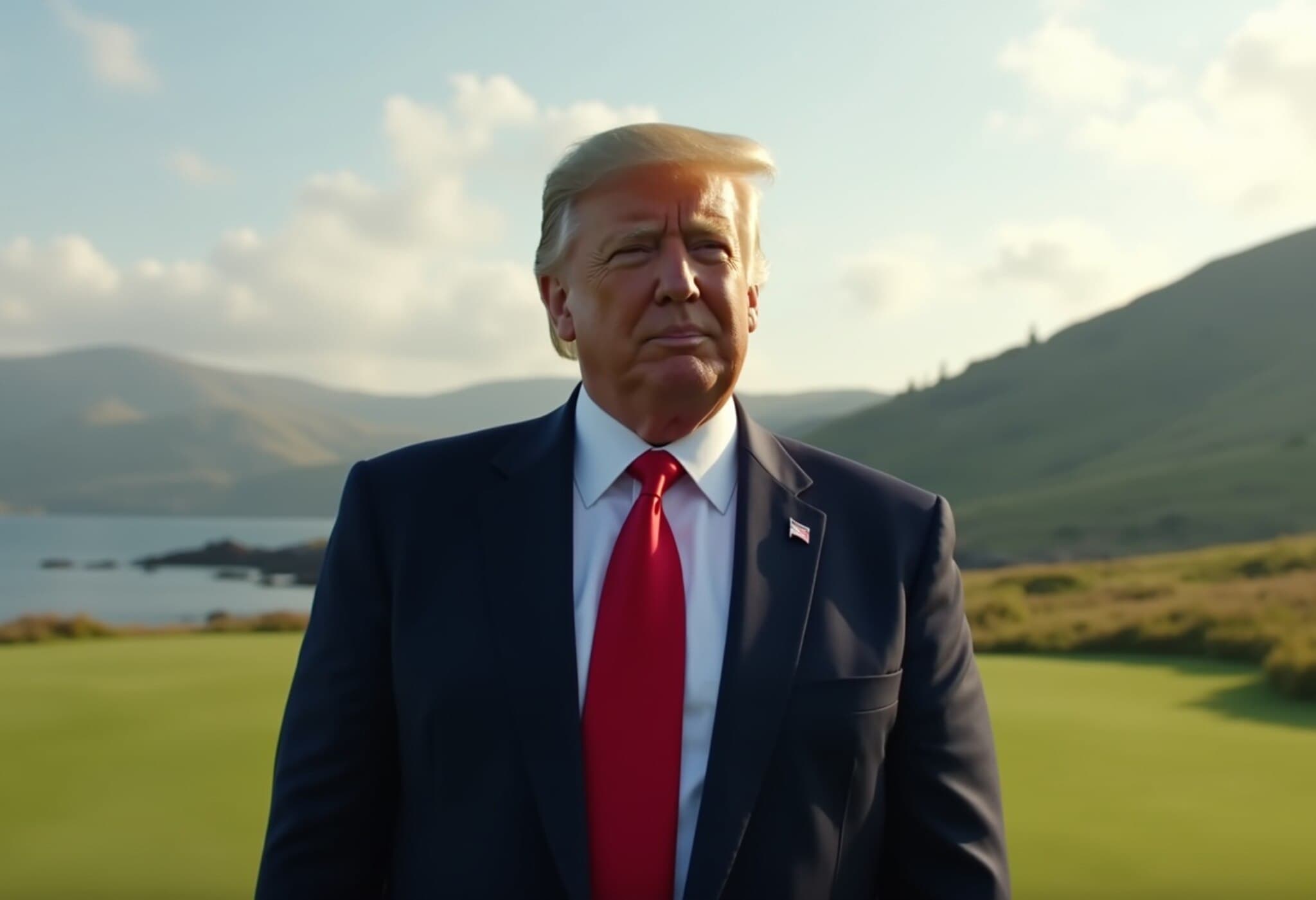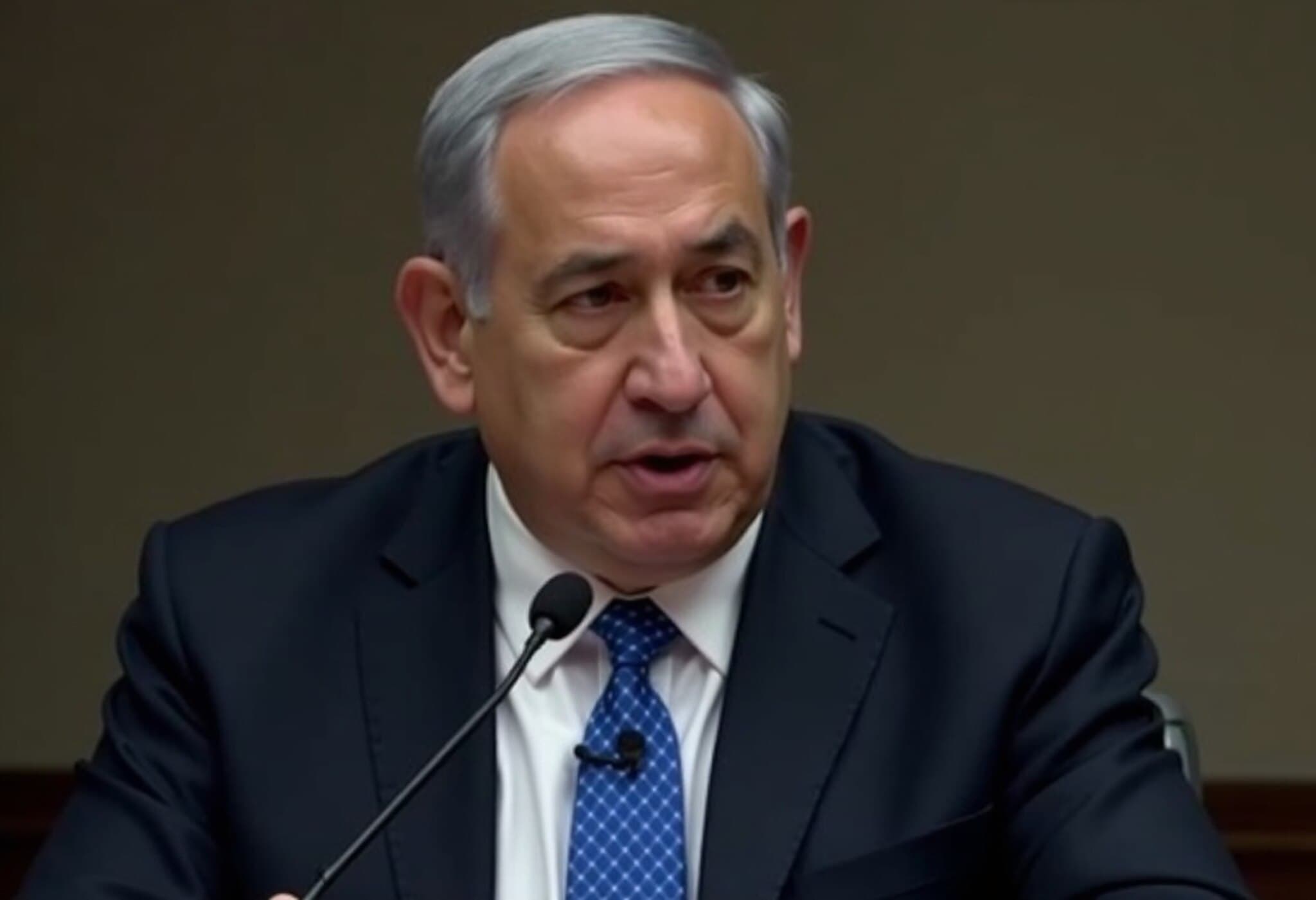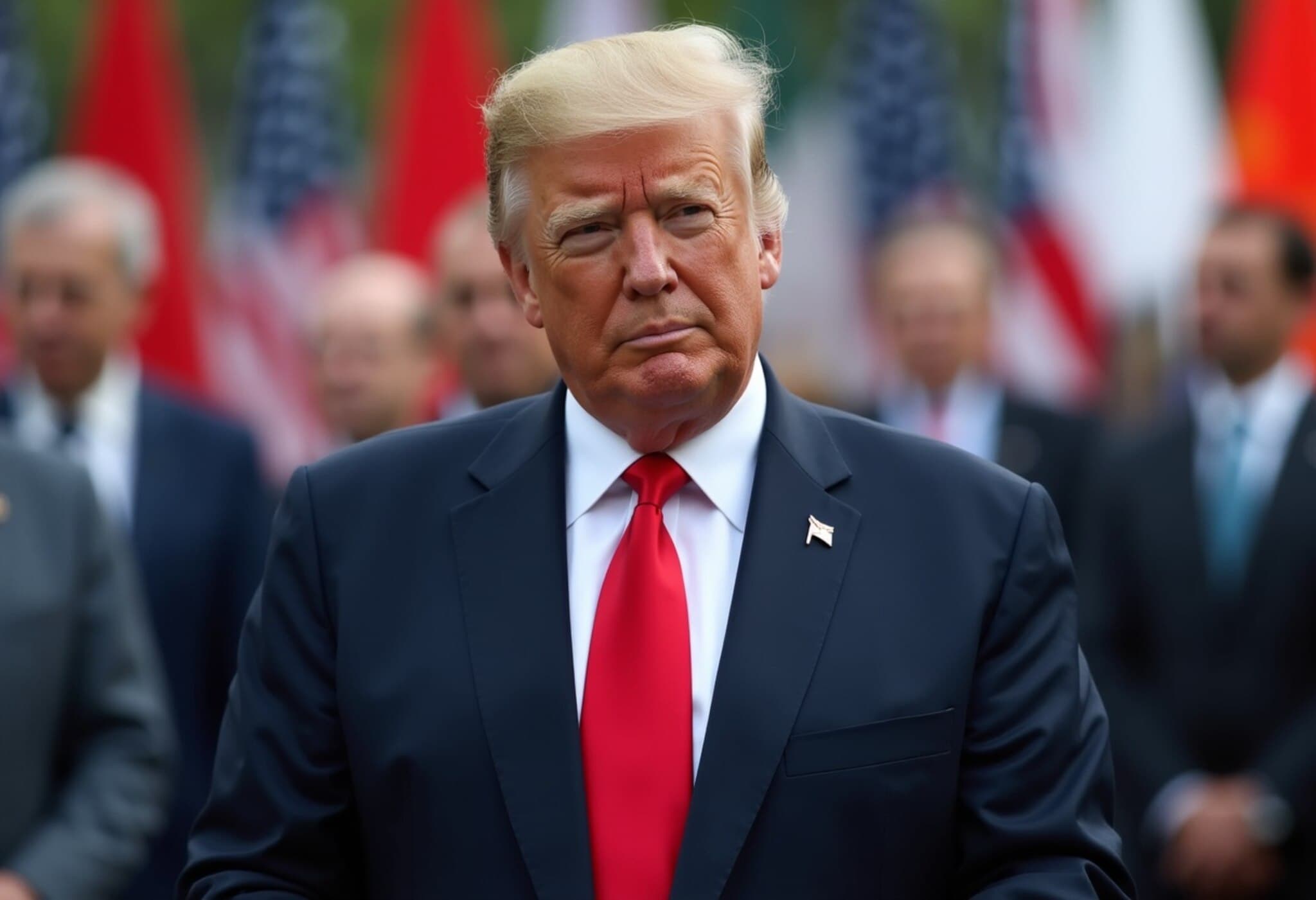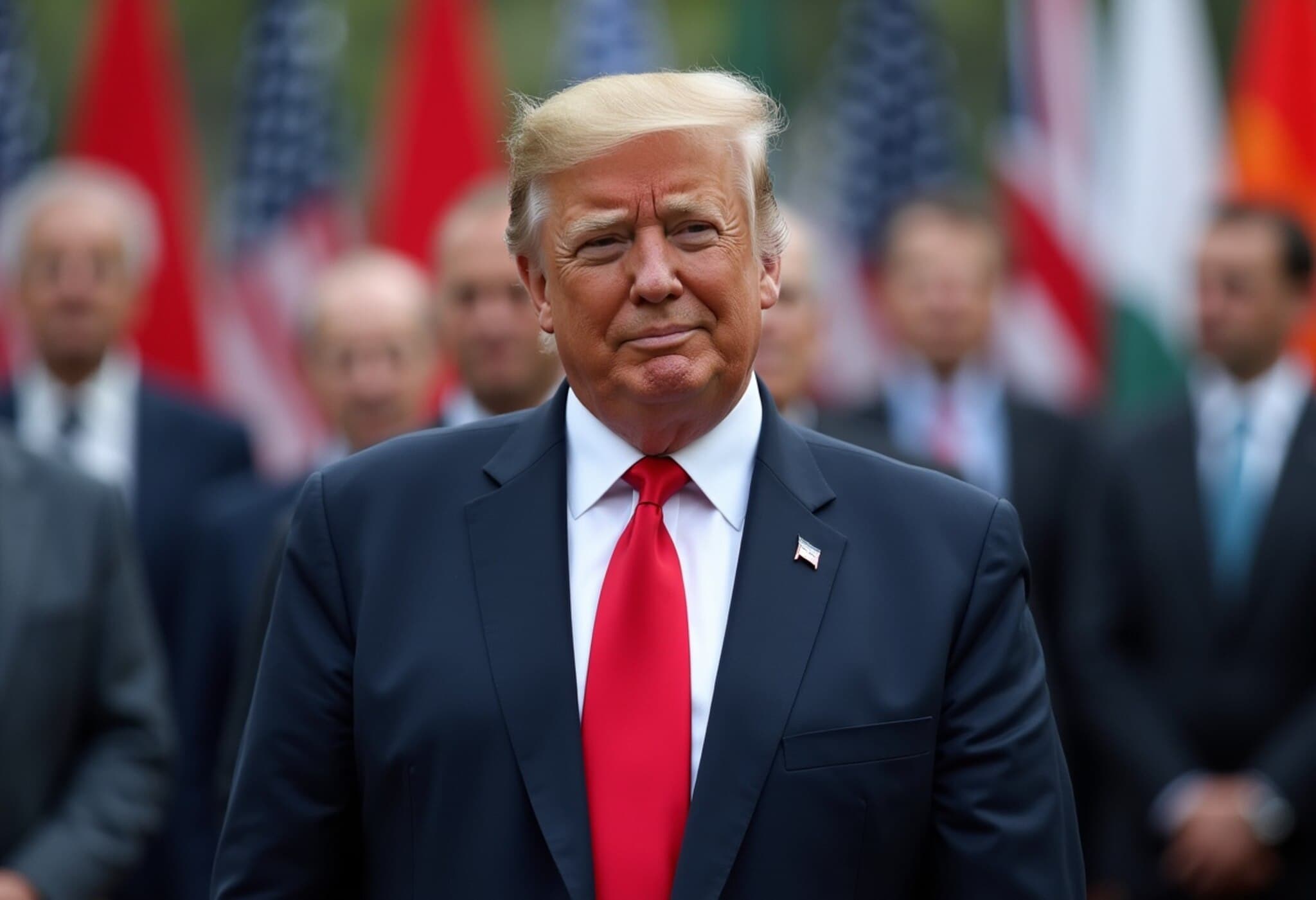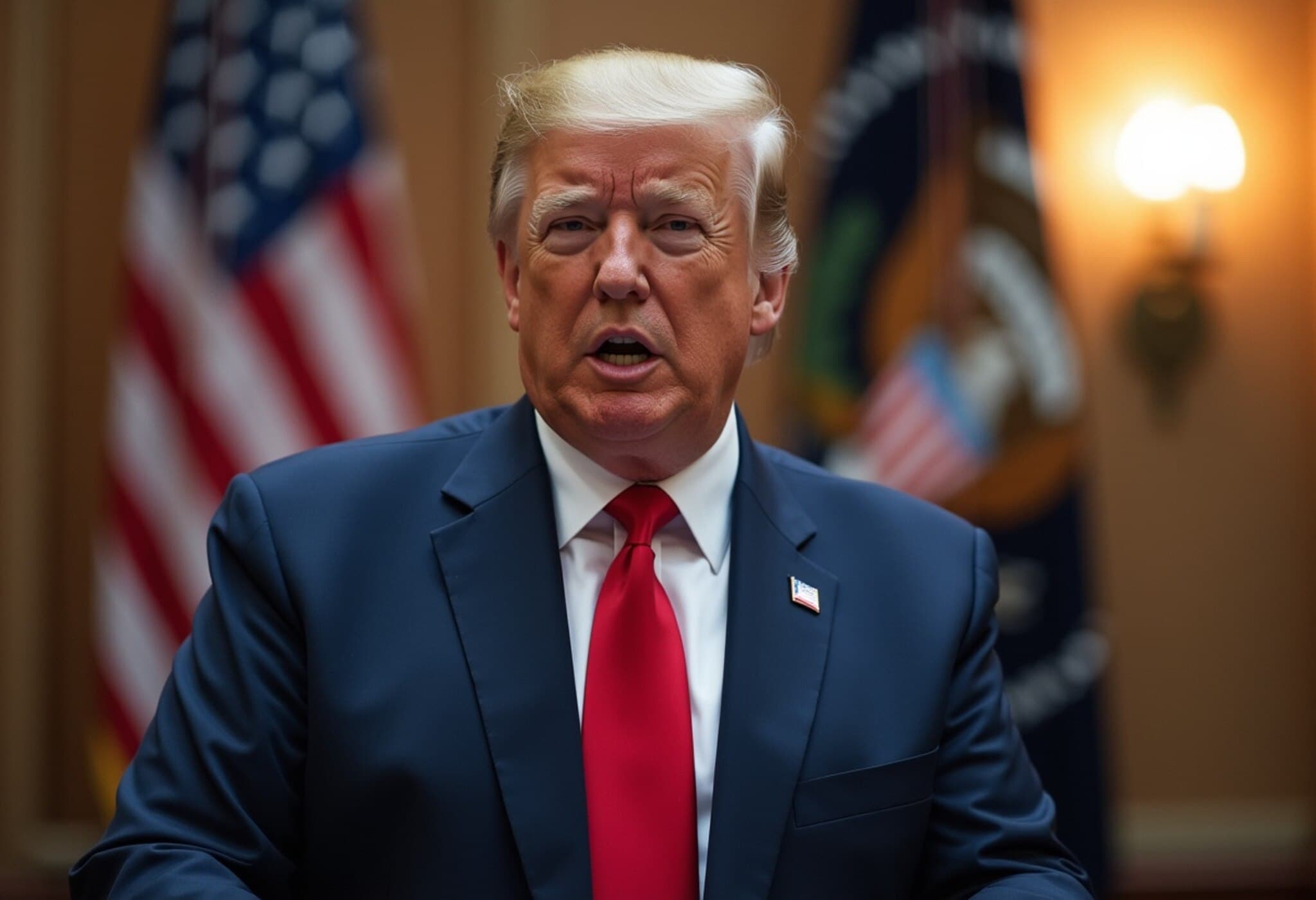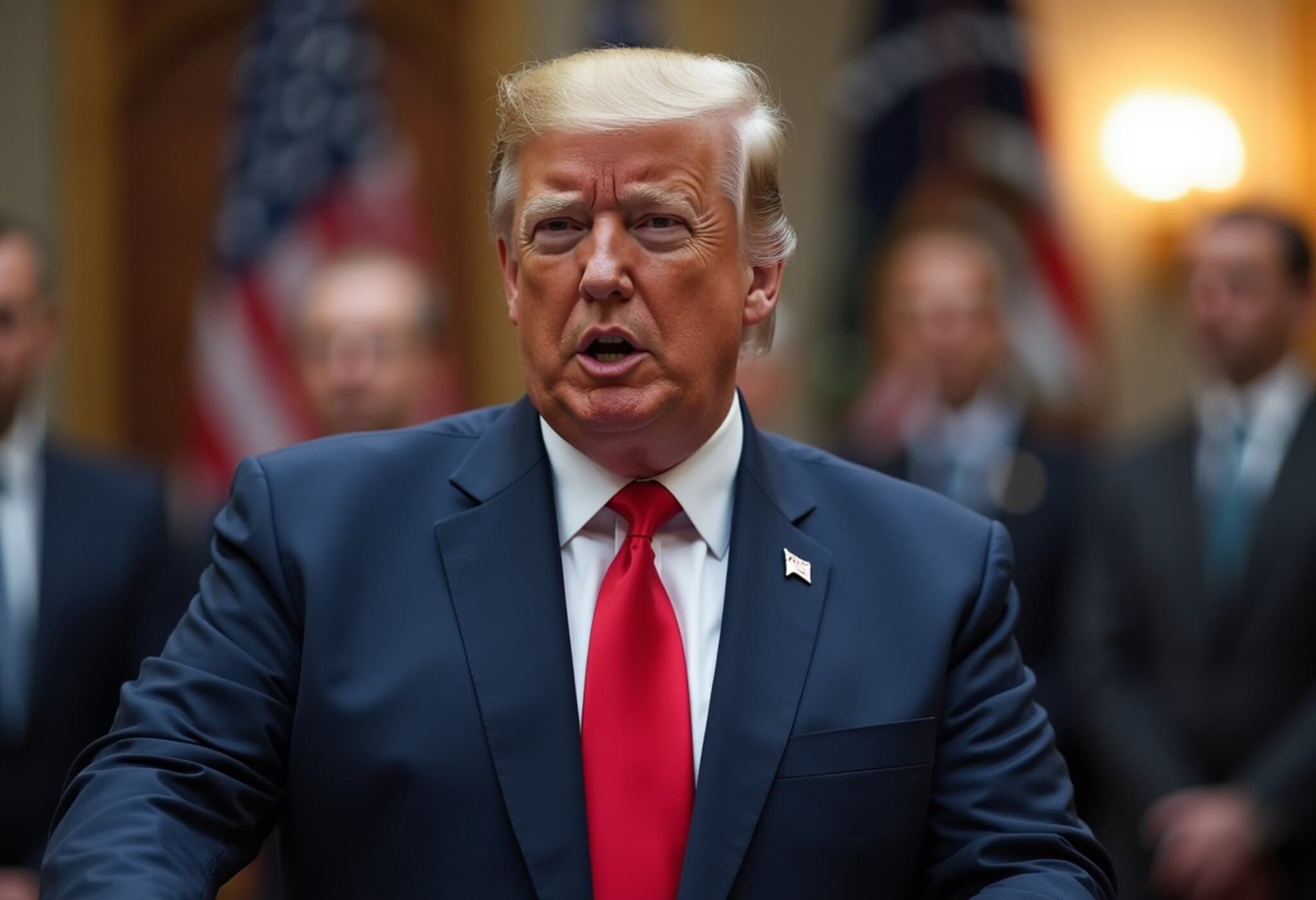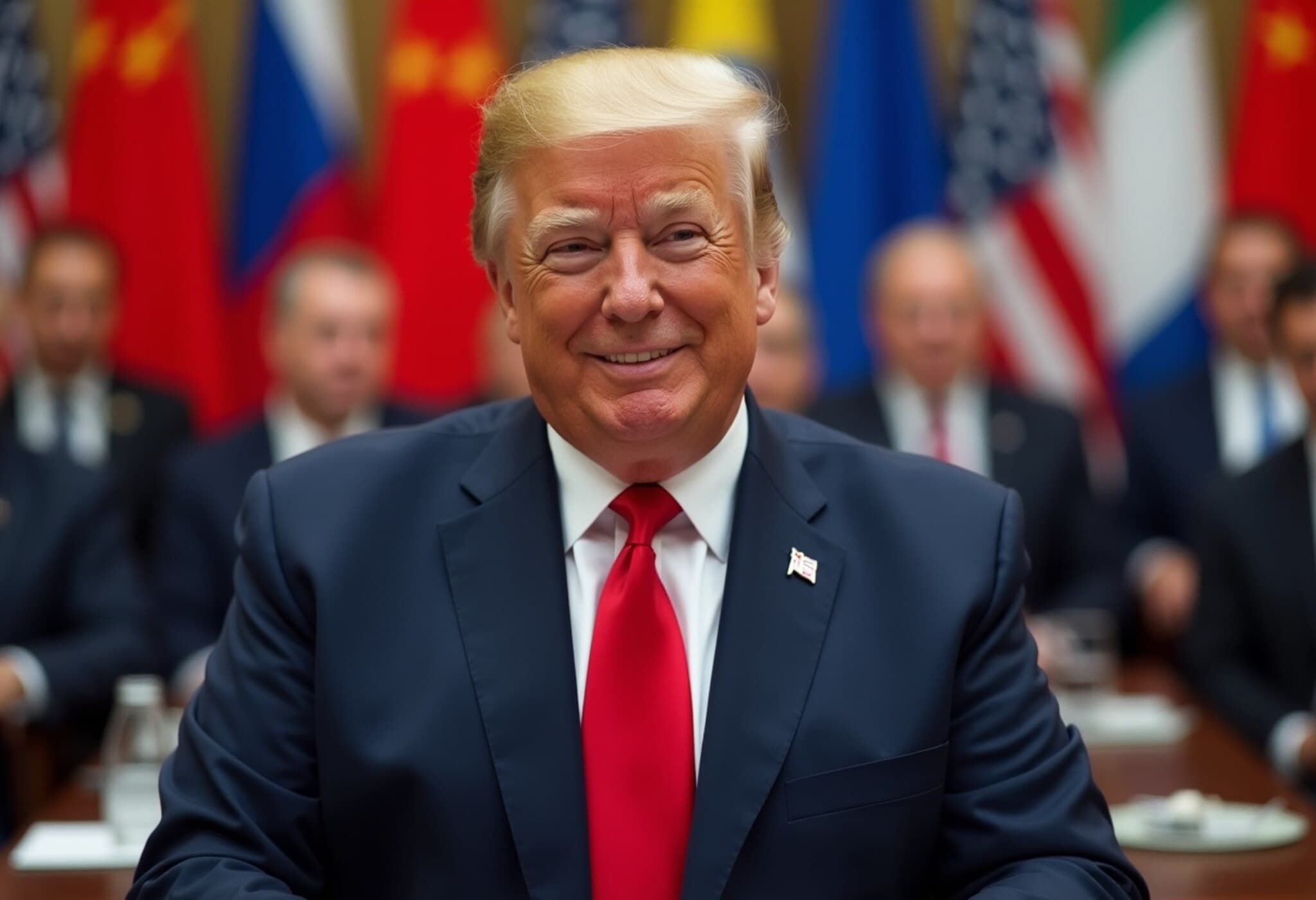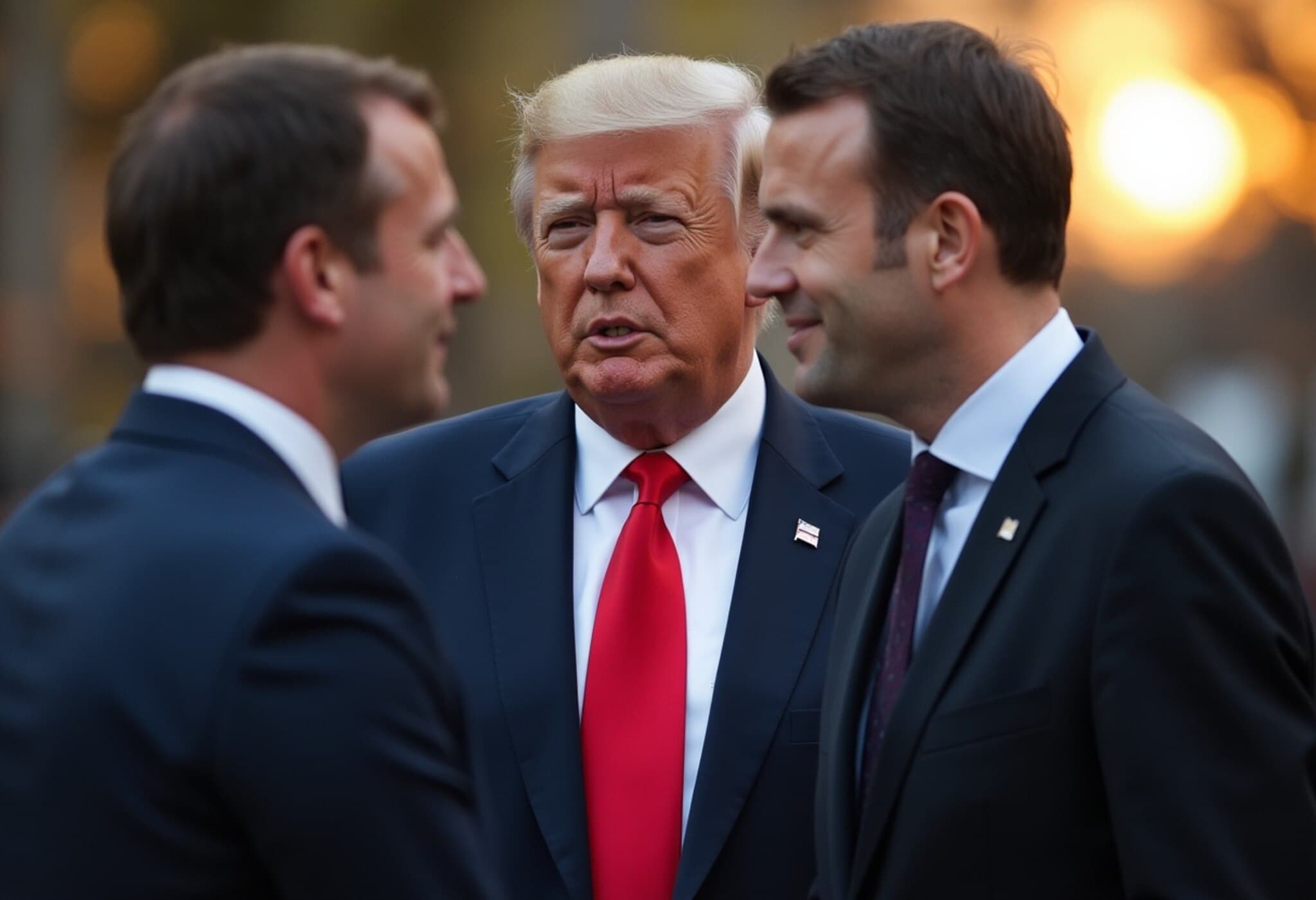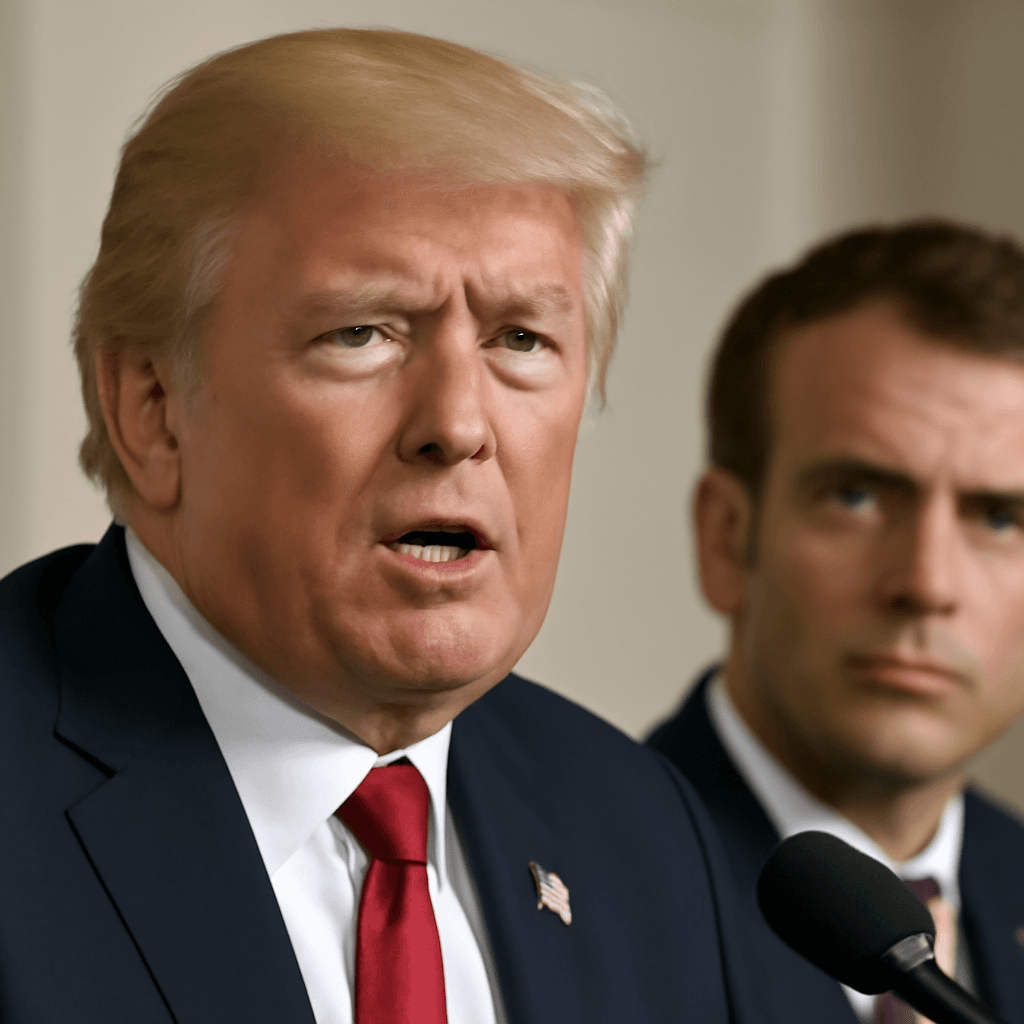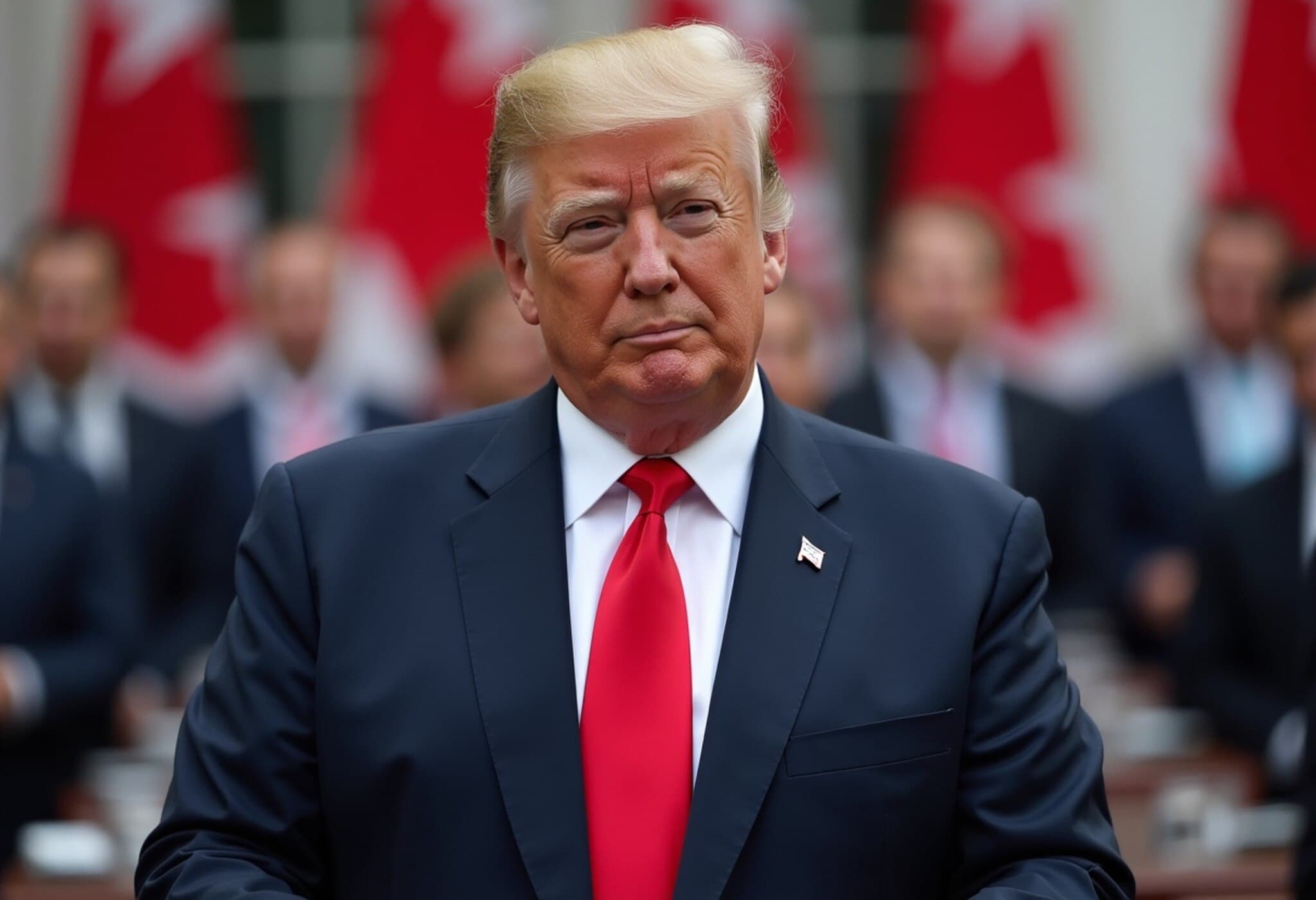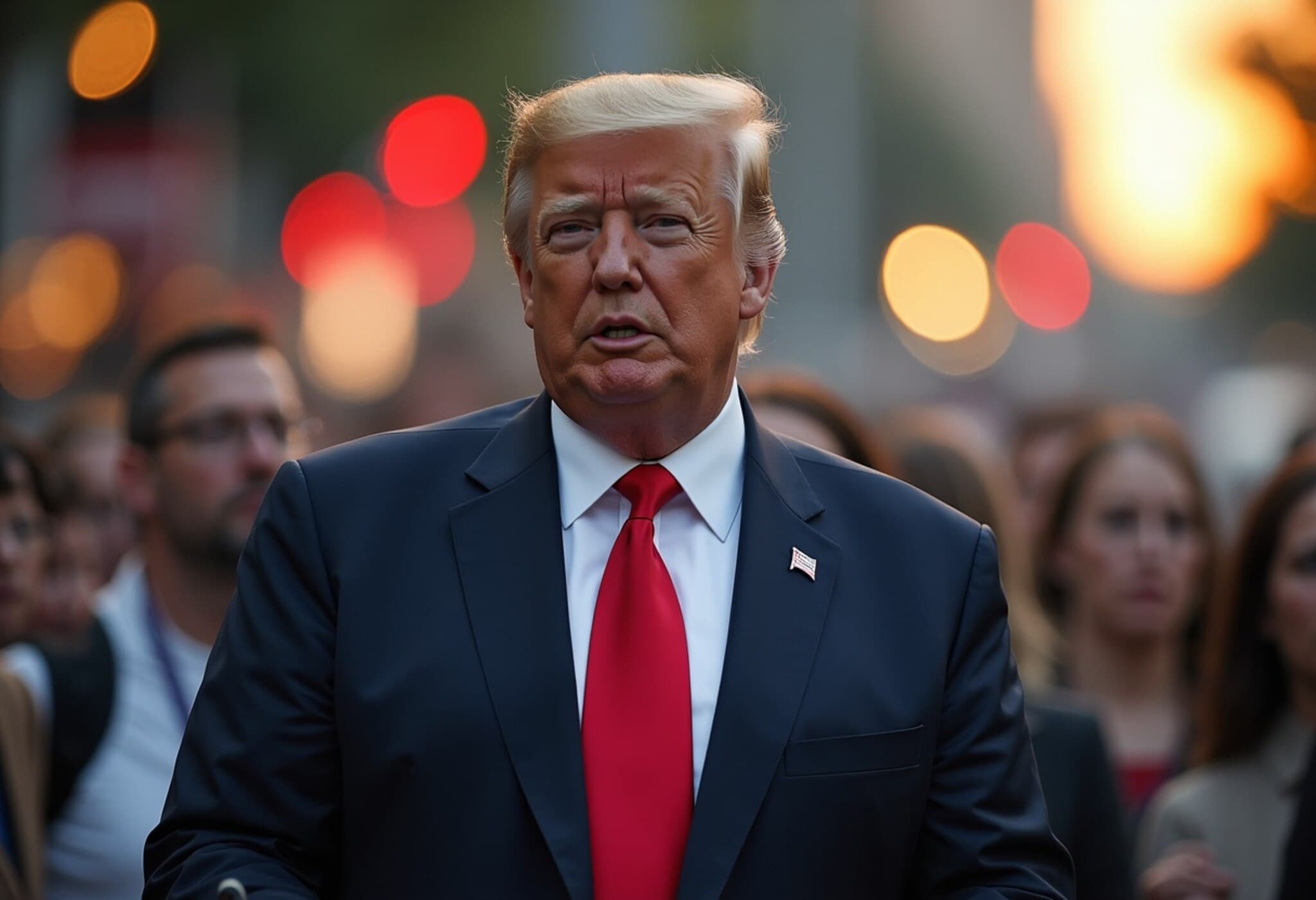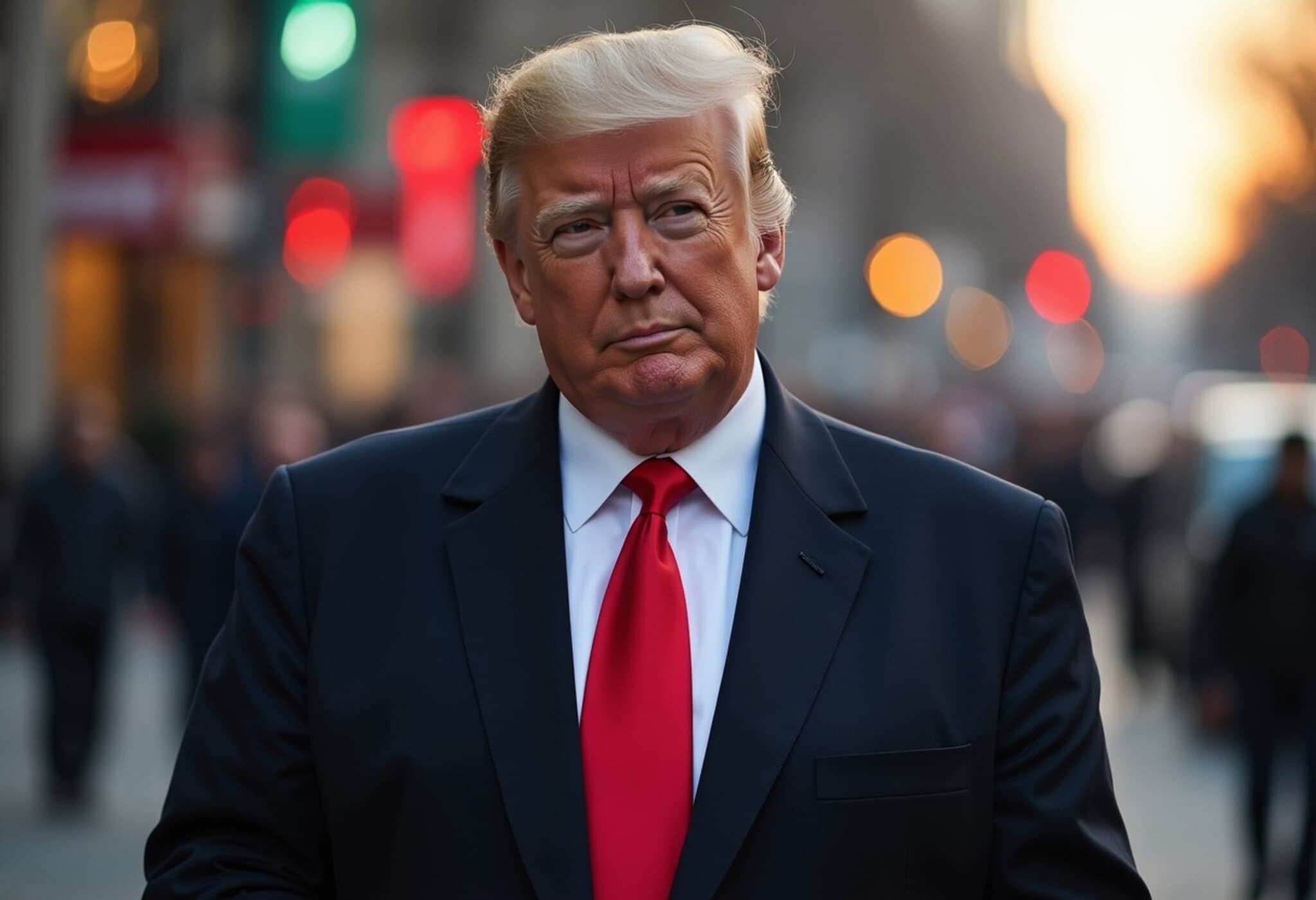Trump to Leave G7 Summit Early Amid Rising Middle East Tensions
US President Donald Trump will be departing the Group of Seven (G7) summit in Canada a day ahead of schedule, following escalating violence in the conflict between Israel and Iran. The White House confirmed that Trump plans to leave on Monday night after dinner with other heads of state.
White House Press Secretary Karoline Leavitt announced on social media that although the president had a productive day—highlighted by signing a major trade deal with the United Kingdom and Prime Minister Keir Starmer—developments in the Middle East demand his urgent attention.
Middle East Crisis Dominates Global Discussions
The Israel-Iran conflict, now entering its fourth day of heightened hostilities, was a central focus of discussions among world leaders at the Canadian summit. Tensions prompted a swift diplomatic response with leaders seeking to address the escalating instability.
Trump Issues Strong Warning to Tehran
In a stark message posted online on Monday afternoon, Trump urged: “Everyone should immediately evacuate Tehran!” He has called on Iranian officials to return to the negotiating table, emphasizing that Iran has missed opportunities to de-escalate despite being granted time to do so.
Trump stated, “They have to make a deal.” He further commented that while Iranian leaders might be willing to negotiate, they failed to engage during a 60-day window before Israel launched its airstrikes.
“They are not winning this war,” Trump remarked about Iran, urging immediate talks “before it’s too late.” When pressed on whether the US would consider military intervention, he declined to elaborate.
G7 Leaders Convene Urgent Talks on Regional Stability
Mark Carney, Canada's Prime Minister and host of the summit, described the current moment as “one of those turning points in history,” highlighting the increasingly fractured global landscape.
Several other G7 leaders, including British Prime Minister Keir Starmer, French President Emmanuel Macron, Italian Prime Minister Giorgia Meloni, and German Chancellor Friedrich Merz, engaged in informal discussions late Sunday to assess the ramifications of the Middle East crisis. Starmer's office confirmed the group held a focused hour-long session.
Germany is working on a summit statement underscoring the G7’s collective position against Iran acquiring nuclear weapons capabilities. Chancellor Merz emphasized, “Iran must under no circumstances be allowed to acquire nuclear weapons-capable material.”
Global Repercussions and Urgency for Diplomacy
The heightened tension between Israel and Iran threatens to destabilize the region even further, drawing international attention and urgent calls for diplomacy. The G7 summit has become a pivotal platform for coordinating responses to what many leaders view as a significant threat to worldwide security.
As the situation evolves, the focus remains on preventing further military escalation and encouraging diplomatic dialogue to resolve the conflict swiftly.

